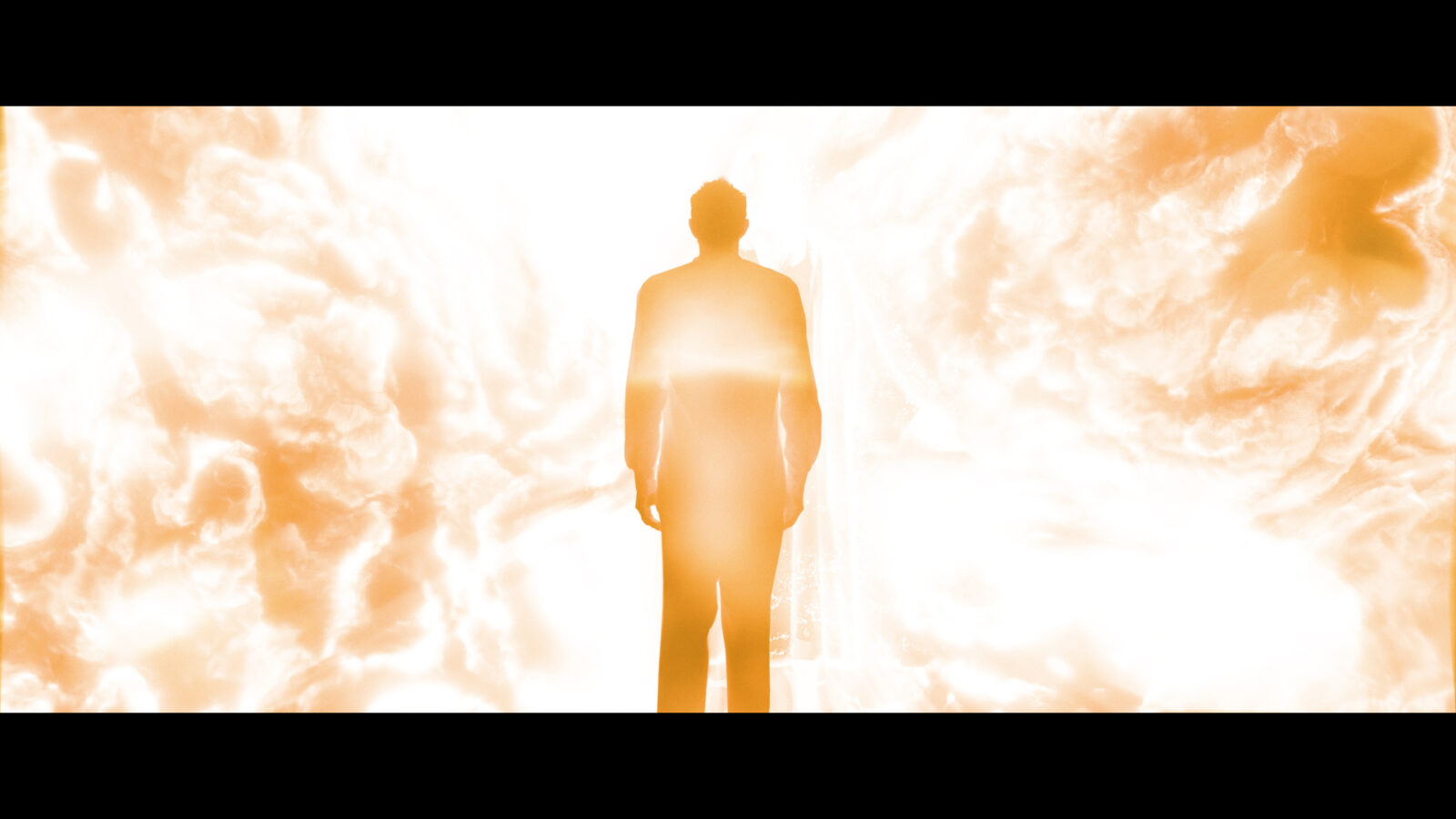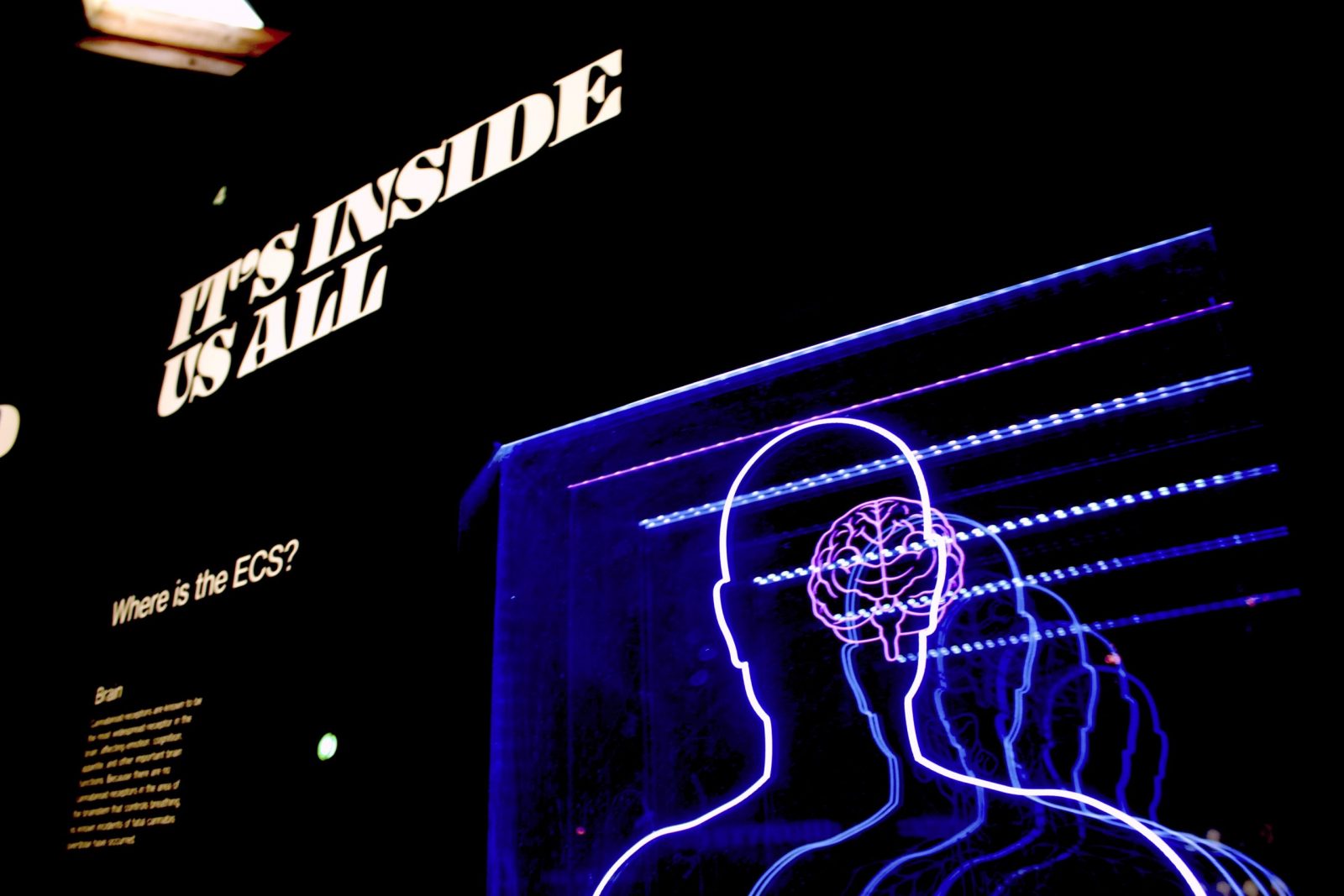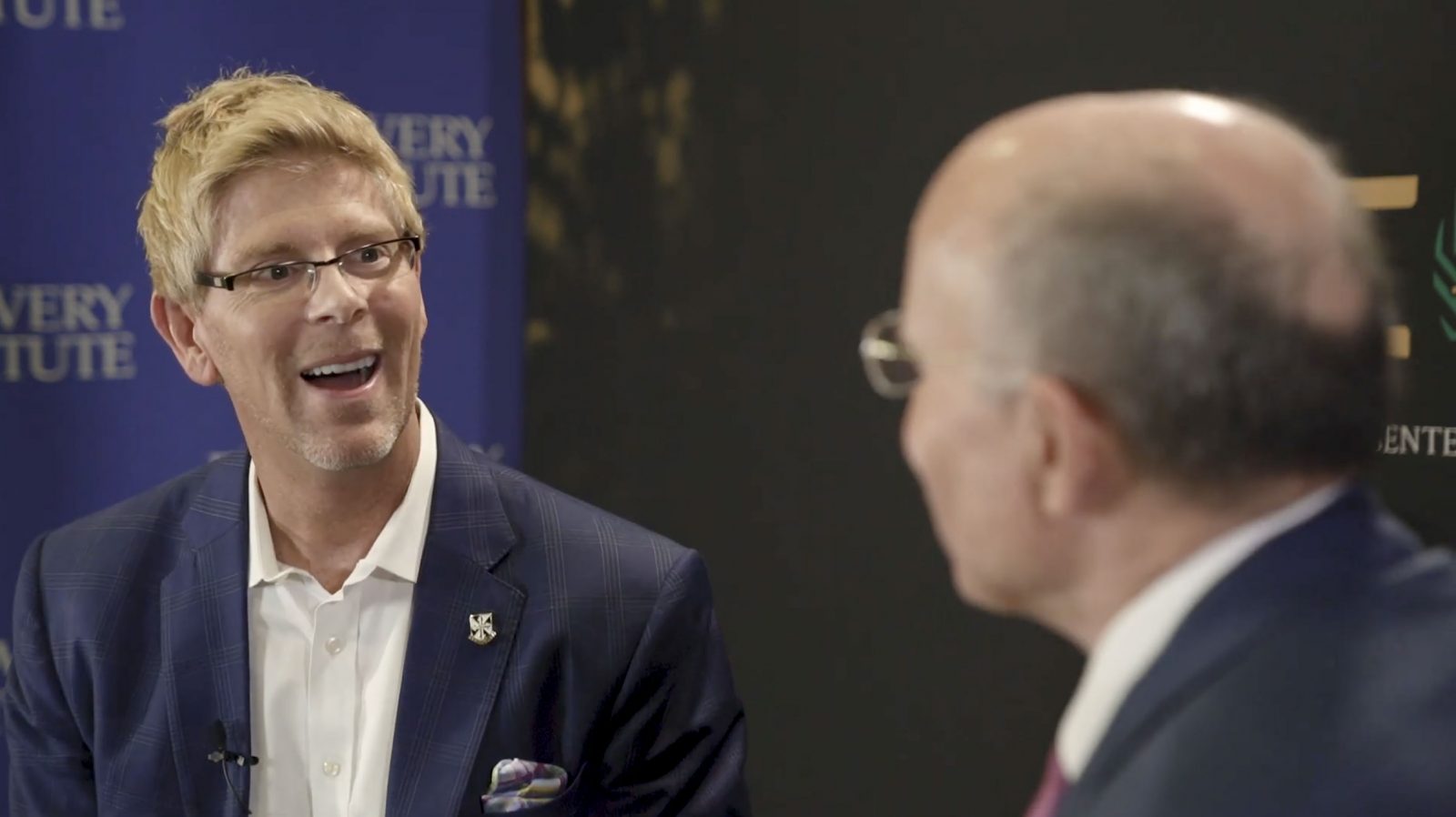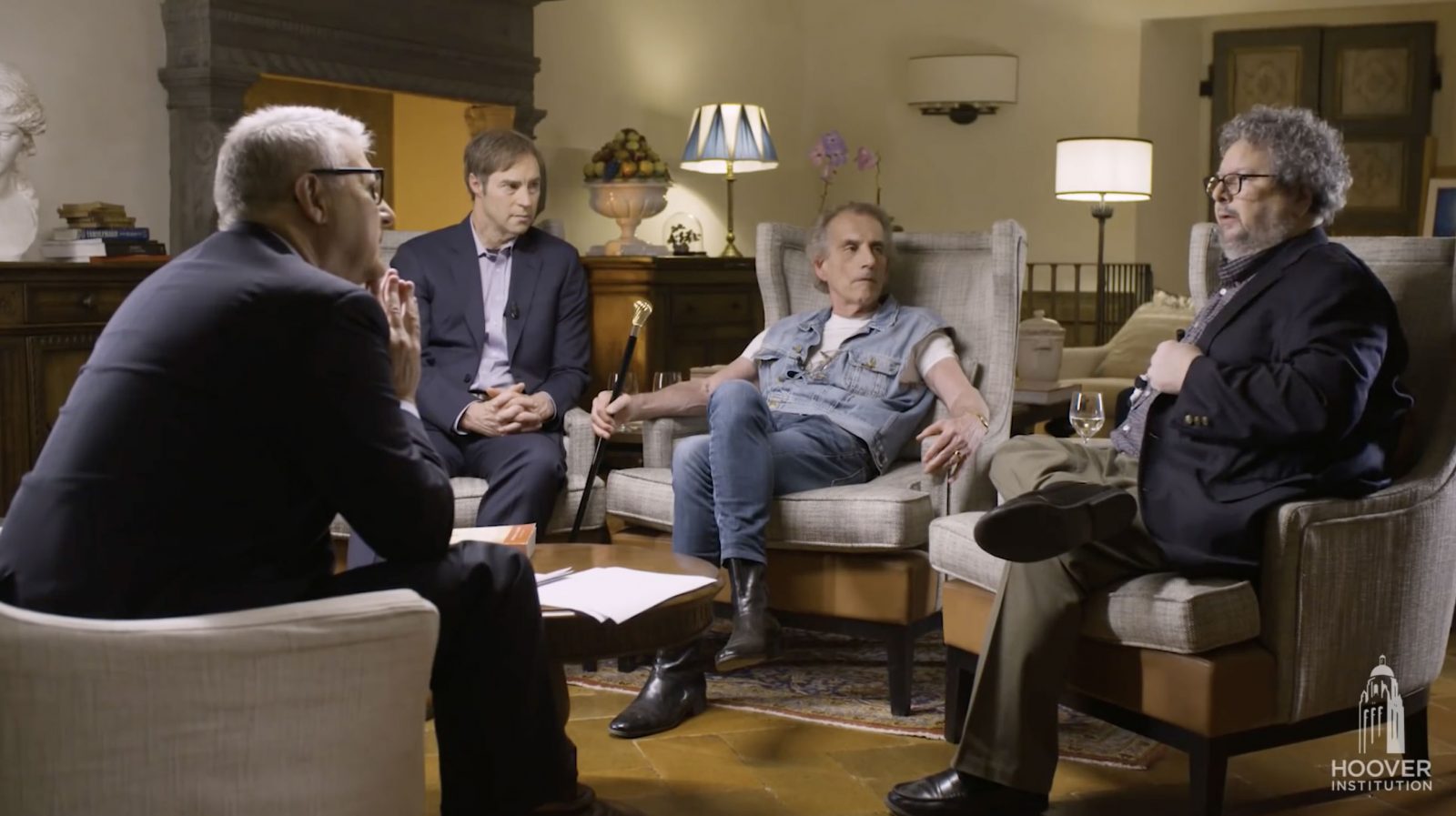


Stephen Meyer: Scientific Arguments for a Theistic Worldview

After Death: The Science Behind the Movie

The Evolution (or not) of Consciousness
On this ID the Future neurosurgeon Michael Egnor interviews Bernardo Kastrup, a philosopher with a background in computer engineering, about consciousness, evolution, and intelligent design. Did consciousness evolve? What does the evidence suggest? And how do materialists deal with the seemingly immaterial reality that is consciousness? This is a guest episode borrowed with permission from Mind Matters, a podcast of Discovery Institute’s Walter Bradley Center for Natural and Artificial Intelligence.

Scott Turner on Purpose in Nature, Part 2
On this episode of ID the Future from the vault, Rob Crowther continues his conversation with J. Scott Turner, biologist at the State University of New York (SUNY), visiting scholar at Cambridge University, and author of the new book Purpose and Desire: What Makes Something “Alive” and Why Modern Darwinism Has Failed to Explain It. Turner critiques evolutionary biology’s bias toward mechanistic and gene-centric thinking, and contemporary biology’s failure to come to grips with the evidence of purpose and intentionality at many levels of biology. Viewing the brain as a computer, for example, obscures many things about the brain and the mind that exceed computers, both quantitatively and qualitatively.

John Lennox on What (Not) to Expect of AI in 2084
On this episode of ID the Future, host Robert Marks interviews Oxford University mathematician John Lennox on Lennox’s new book 2084: Artificial Intelligence and the Future of Humanity. It’s a wide-ranging discussion about AI’s advantages already being realized, in medicine, for example; AI’s supposed potential to achieve human-like consciousness; ethical issues that AI programmers will have to grapple with; effects that AI will have on the economy and individual workers; and the risks associated with living in an AI world where every movement is tracked. A key question as we move toward this future, says Lennox, is what does it mean to be human?

Can Evolution Create Mind? Can We?
On this episode of ID the Future, host Andrew McDiarmid and physician and Discovery Institute fellow Dr. Geoffrey Simmons concludes their three-part conversation about Simmons’ new book Are We Here to Recreate Ourselves? The Convergence of Designs. Our own arrival is impossible to explain through evolution, he says, in view of the incredible complexity of our neurological system, and all that had to develop simultaneously with it. Read More ›

Dr. Geoffrey Simmons On Human Design — and Re-Creating It in Robots
On this episode of ID the Future, author and physician Geoffrey Simmons joins host Andrew McDiarmid in a wide-ranging discussion of his new book, Are We Here to Re-Create Ourselves: The Convergence of Designs. From the foresight needed in the design of eyes, to our stereoscopic and redundant hearing systems, to the mysteries of design in the nervous and circulatory systems, signs of engineered design are everywhere in the human body.
Read More ›
Jay Richards at COSM Talks Kurzweil and Strong AI
On this episode of ID the Future, Andrew McDiarmid catches up with philosopher Jay Richards at the recent COSM conference in greater Seattle. The two discuss the history of George Gilder’s Telecosm conferences and how the first one gave birth to a book Richards edited and contributed to 18 years ago, Are We Spiritual Machines? Ray Kurzweil vs. the Critics of Strong A.I. Is the “singularity” coming, as Kurzweil argues there and elsewhere, when machines equal and then quickly surpass human intelligence? Does “machine learning” really mean learning? Will “Skynet” wake up? Jay describes Kurzweil’s sunny version of strong AI and the dystopian version. Then he argues the other side, namely that human beings possess something beyond the purely material, something even the most powerful computers will never possess.

Gelernter, Meyer, Berlinski Deny Darwinism, Pt. 3
On this episode of ID the Future we hear the final portion of a three-part series featuring Discovery Institute’s Stephen Meyer and David Berlinski along with distinguished Yale computer science professor David Gelernter, who recently gave up Darwinism thanks in part to their books. Led by Uncommon Knowledge host Peter Robinson, they discuss the hard problem of consciousness, how Darwinism functions as a religious dogma that punishers dissenters, and whether biology can ever “get over Darwin and move on.” This interview is presented here courtesy of Peter Robinson and the Hoover Institution.